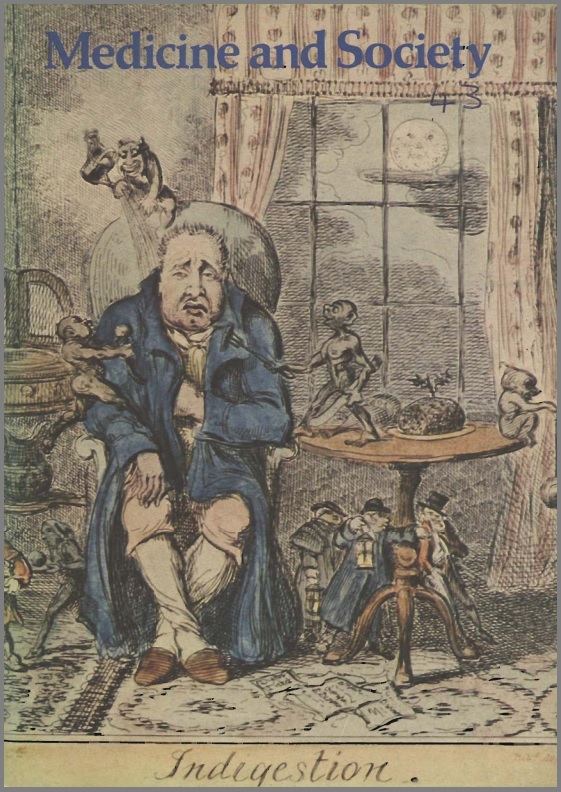Sign up to our newsletter Subscribe
Challenges and Solutions for Budget Impact Analysis of Gene Therapies

The control of the major health problems of the early part of the twentieth century represents a triumph for medical progress in the past twenty-five years. Developments in pharmacology and in medical technology, and their widespread availability free or at nominal cost to…
The control of the major health problems of the early part of the twentieth century represents a triumph for medical progress in the past twenty-five years. Developments in pharmacology and in medical technology, and their widespread availability free or at nominal cost to the patient under the National Health Service, have transformed the pattern of sickness and mortality in Great Britain.
For many years, the juxtaposition of better medical treatment but an apparently less healthy population has proved puzzling, and was even taken as evidence of the failure of medical science (Dubos 1960). Recent studies, however, have done much to explain the underlying factors. It is now clear that there has not merely been a quantitative change in the types of morbidity presented for medical treatment. There has instead been a qualitative change. A completely new type of morbidity is now being brought to doctors, and to tackle these new demands it is now realised that a whole new strategy is needed in the health services. First, very much more emphasis is being put on the growing social and psychological content of medical care. It is realised that much more understanding is needed of the nonmedical factors affecting demands for treatment. Second, it is now realised that the outcome of medical intervention – particularly using much of the new medical technology of the past two decades — needs to be much more critically evaluated than has been the practice previously. There is at present no formal machinery within the health service for assessing the social and economic consequences of different patterns of medical care. The consequent lack of evaluation together with the failure to appreciate the importance of social and psychological factors in illness has led to a serious misuse of scarce medical resources which has only recently been
Medicine and Society: the Changing Demands for Medical Care
